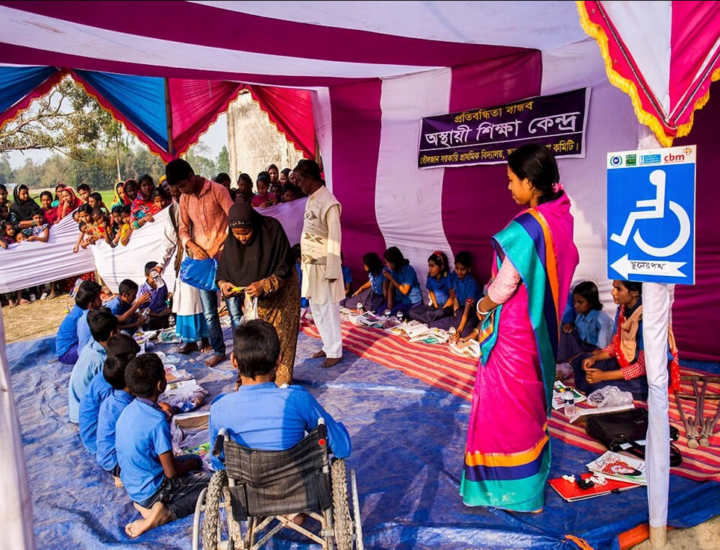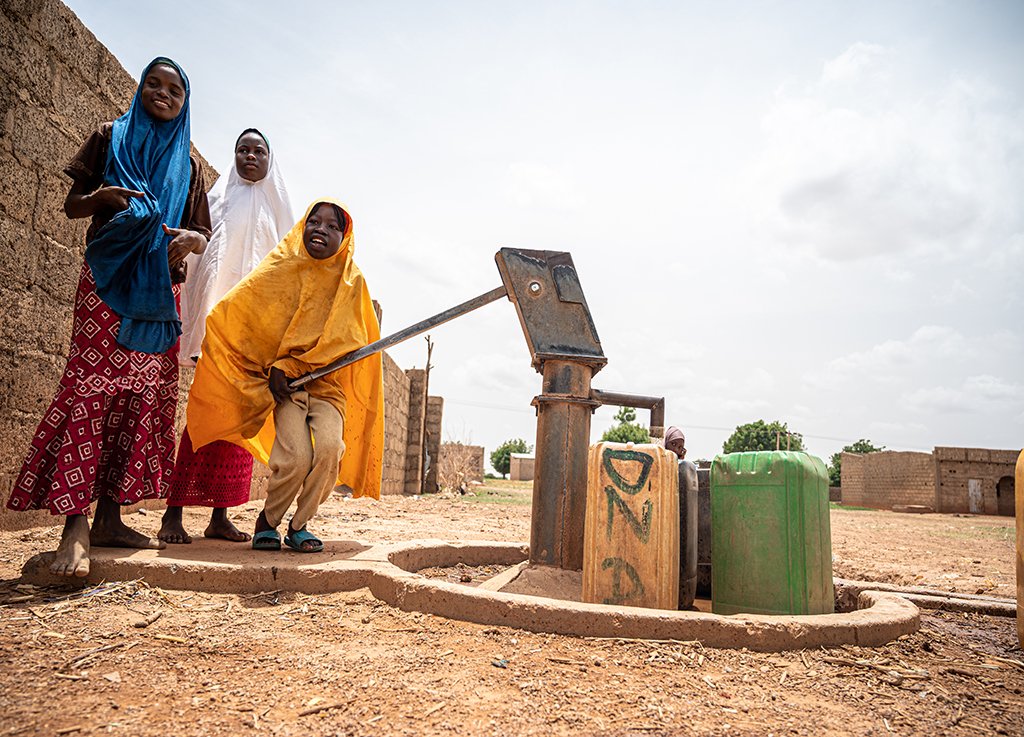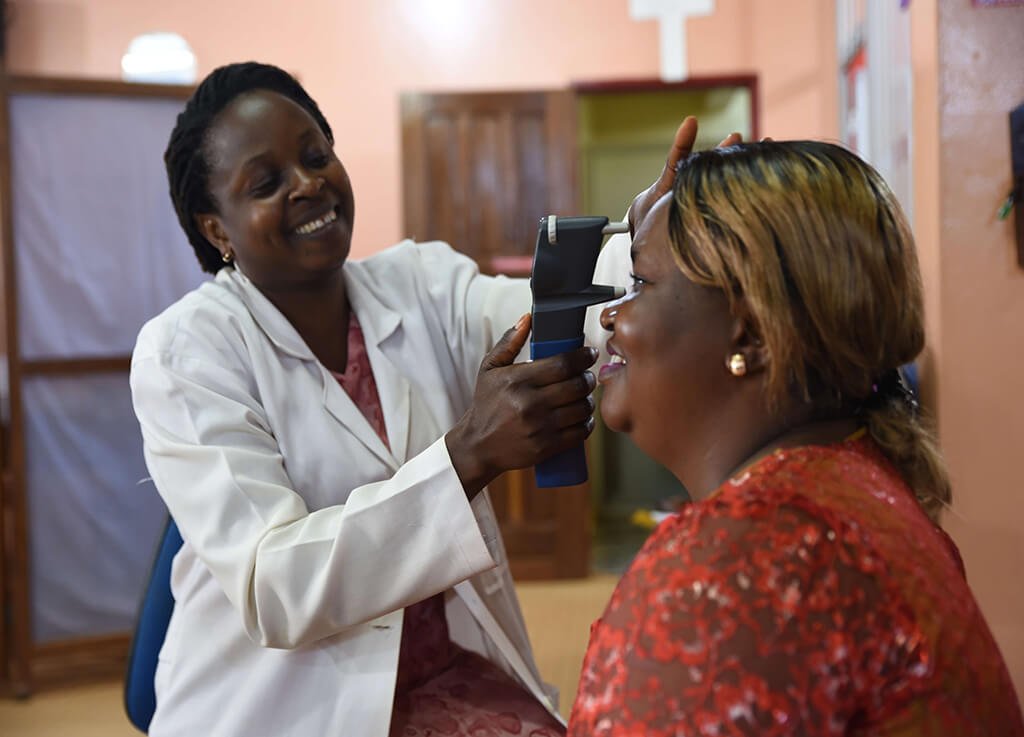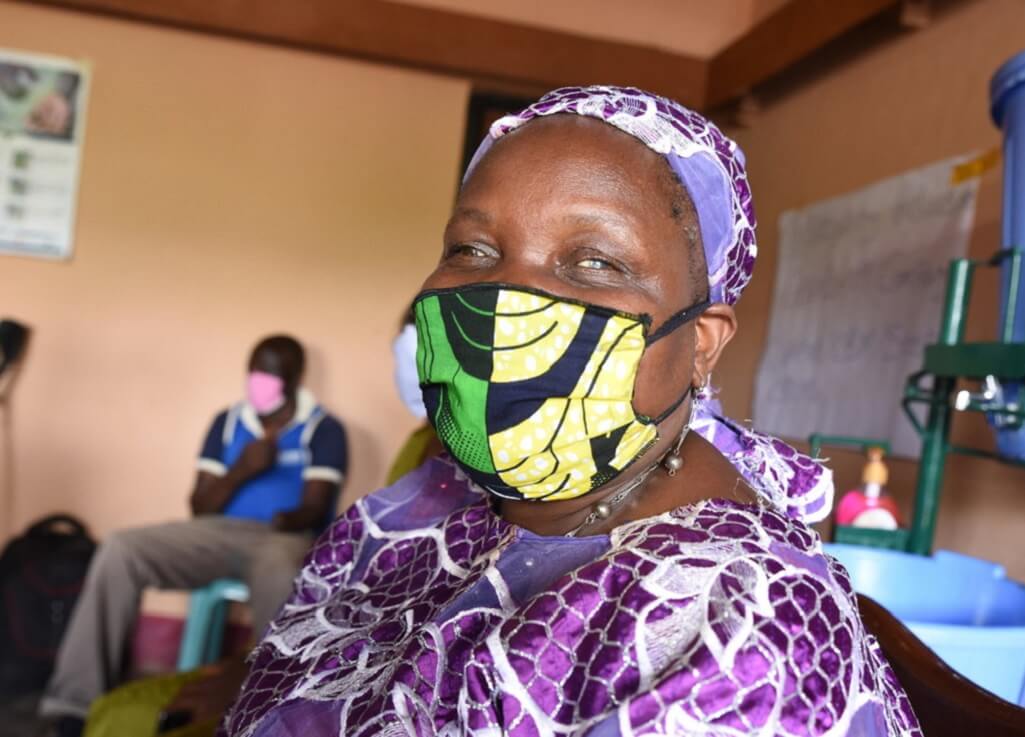A community-based approach to our work
People with disabilities are routinely excluded from health, education, livelihood opportunities and the chance to fully participate in their communities. We work in partnership with the disability movement at all levels to promote inclusion. Our life-changing community development programmes across Africa, Asia and Latin America establish the foundations for inclusion, improve access to inclusive education, employment and healthcare, and improve quality of life for women, men and children with disabilities and their families. We use evidence and learning from our community-based work to support the disability movement in advocating for inclusive national laws and policies and achieving global change.
Localisation
The approach supports CBM Global’s commitment to localisation, connecting people with disabilities with each other, their families, the wider community and with decision makers – all undertaken in close partnership with Organisations of Persons with Disabilities (OPDs) and implementing partners and in alignment with the Convention on the Rights of Persons with Disabilities (CRPD).
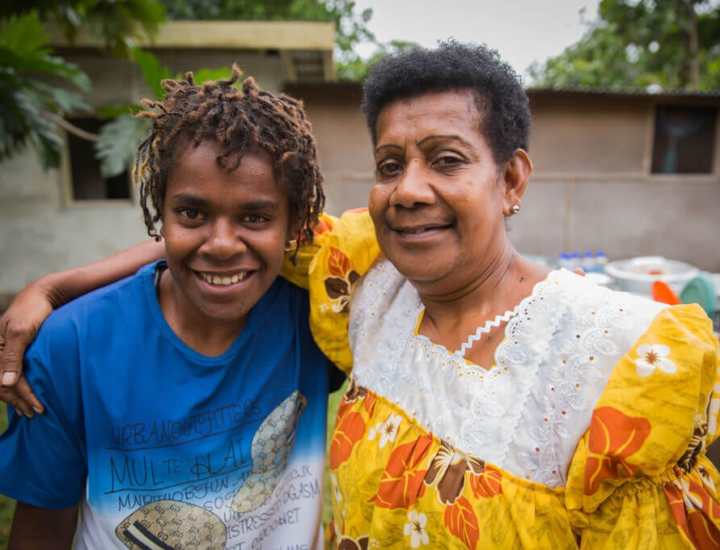
Foundations for inclusion
Our inclusive development programming at the community level in low resource settings is a hugely important area for CBM Global, intersecting as it does across so many sectors. Our Community Based Inclusive Development (CBID) approach is framed by the CBID matrix and guidelines, ensuring the foundations, or preconditions, for inclusion in community based programming. These foundations are drawn from various CRPD and disability rights literature.
Our strategic partners and Organisations of Persons with Disabilities (OPDs) have challenged us to prioritise these foundations for inclusion.
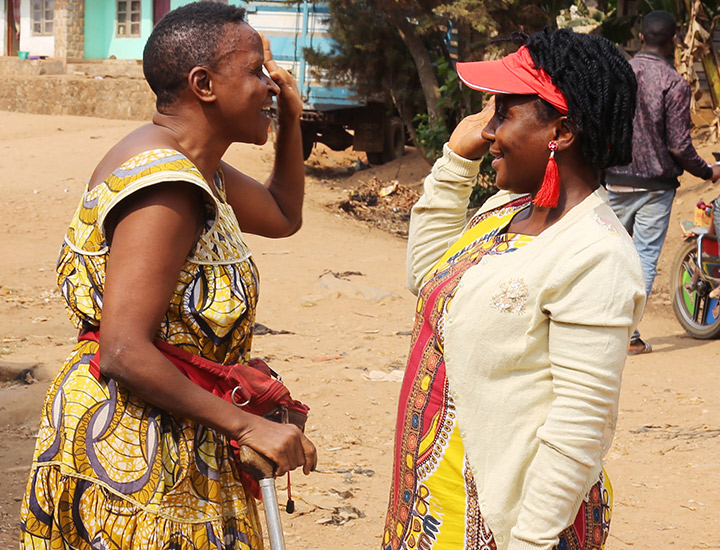
Supporting empowerment and community mobilisation
Empowering people with disabilities for opportunities to connect with peers, learn about their rights and bring their own voices to local and national government. CBM Global invests in the development of self-help group networks, the organisational strengthening of OPDs, community sensitisation and rights awareness, addressing information barriers and community attitude change.

Accessibility
Putting measures in place to increase accessibility such as standards, guidelines and systems for enforcement. This means ensuring that the built environment, systems and ICT become more accessible, and that mainstream services and programmes are inclusive.
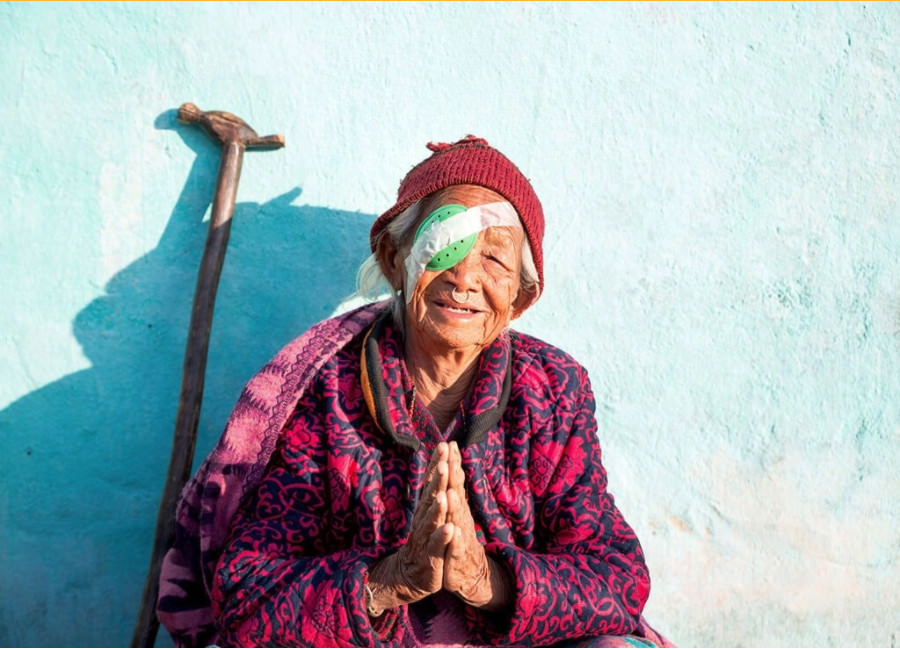
Disability support services and assistive devices
Building on these foundations for inclusion, CBM Global takes a whole systems strengthening approach. Key intervention areas for our community based inclusive development work include livelihood and economic empowerment, inclusive education and inclusive disaster risk reduction.
Key intervention areas
Building on these foundations for inclusion, CBM Global takes a whole systems strengthening approach. Key intervention areas for our community based inclusive development work include livelihood and economic empowerment, inclusive education and inclusive disaster risk reduction.
Livelihoods
Poverty and disability fuel each other creating a cycle of inequality, isolation and exclusion that is often difficult to break. For people with disabilities, earning an income is empowering, bringing the respect of others, including family, and enabling other opportunities.
CBM Global aims to ensure people with disabilities have equal access to social and economic activities including work or sustained livelihood.
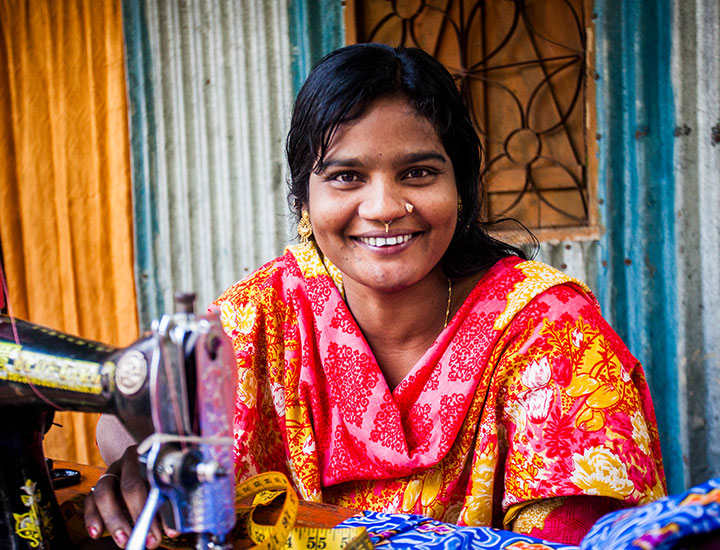

Inclusive education
Receiving an education is one of the primary ways people living in low income communities can break out of the poverty cycle. If children get an education, the benefits are lifelong with the potential to impact future generations.
CBM Global’s work in inclusive education is based on the principle that all children should be able to attend school and that children should not be excluded from this human right.
Our work aims to equip mainstream educational institutions to be accessible in all areas for students with disabilities.
Inclusive disaster risk reduction
Natural disasters are a regular and increasing occurrence in our world due to changes in climate. CBM Global partners with local organisations, who have links to affected communities, and are able to respond quickly to the sudden and often catastrophic impacts of a natural disaster.
CBM Global sees disaster risk reduction as a vital aspect of community-based development. It is important that people in local communities understand what to do at a time of disaster, and to ensure that people with disabilities are included in those plans.
In order to build resilience, CBM Global and our partners extend resources to the most at-risk groups. This means supporting disabled peoples’ organisations, self-help groups and setting up partnerships to benefit the whole community.
We also encourage people with disabilities to assist with evacuation drills and disaster awareness-raising campaigns in their community.
When these different elements are in place, people with disabilities are empowered, the risk to vulnerable people is reduced and the whole community benefits from being more informed and prepared in the event of a disaster.
